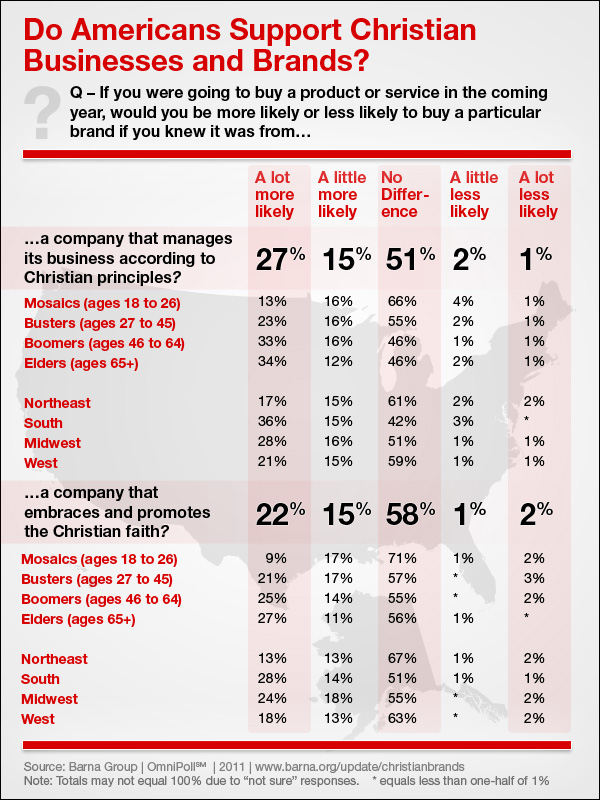Do Christians have a lower rate of divorce than non-Christians?
Thursday, February 24th, 2011It’s common, in discussions about marriage, divorce, and family matters, to hear the claim that Christian marriages have the same divorce rate as non-Christian ones—the point being that Christians don’t have much of a leg to stand on when it comes to critiquing social policies related to marriage and family. But is that true, or just a myth that’s been repeated so many times we’ve accepted it?
Glenn Stanton has attracted attention over the last week with an essay claiming that Christians do, in fact, average a significantly lower divorce rate than non-Christians:
Professor Bradley Wright, a sociologist at the University of Connecticut, explains from his analysis of people who identify as Christians but rarely attend church, that 60 percent of these have been divorced. Of those who attend church regularly, 38 percent have been divorced.
Other data from additional sociologists of family and religion suggest a significant marital stability divide between those who take their faith seriously and those who do not.
Stanton makes it clear that it’s “serious Christianity” (church attendance and involvement, among other things) and not just “nominal Christianity” (saying you’re a Christian, but not doing anything to demonstrate it) that makes the difference.
That’s welcome news, if true. I don’t have any evidence to suggest this is or isn’t true, but it wouldn’t surprise me to hear that an oft-quoted “known fact” like this, almost always stated without citing any evidence, turns out to be untrue. But don’t use this in your social-policy discussions quite yet; at least one blogger finds Stanton’s essay unconvincing. The Confessing Evangelical blog thinks the lower divorce rates might just as easily be explained by other factors, not just “serious religious behavior:”
Most of the behaviours that Stanton attributes to serious disciples are likely to be associated with other behaviours or circumstances that may be shared by non-Christians. Attending church nearly every week and praying privately and together suggest a settled, stable family life, and a regular working pattern (no having to work shifts on Sunday, for example). Reading their Bibles and spiritual materials regularly suggests a certain level of literacy and of regularity of routine.
In short, what Stanton is describing is a happy, bourgeois family lifestyle in which people work regular hours, married couples spend significant quality time together (whether thats praying together or just talking to one another), weekends are devoted to family activities (whether thats going to church or to the park) and individuals have the time and mental energy to read books and think about their lives.
Without having read the sources from which Stanton’s argument is derived, I’m inclined to err on the side of caution and be skeptical of his claims. But to be honest, I was struck less by the question of who has the lower divorce rates than by the most optimistic Christian divorce rate cited: 38%. That number might be 5% or 25% lower than the non-Christian divorce rate, but it’s still a horrifyingly high percentage. When it comes to promoting healthy families and marriages, we’ve got our work cut out for us no matter who’s right.

